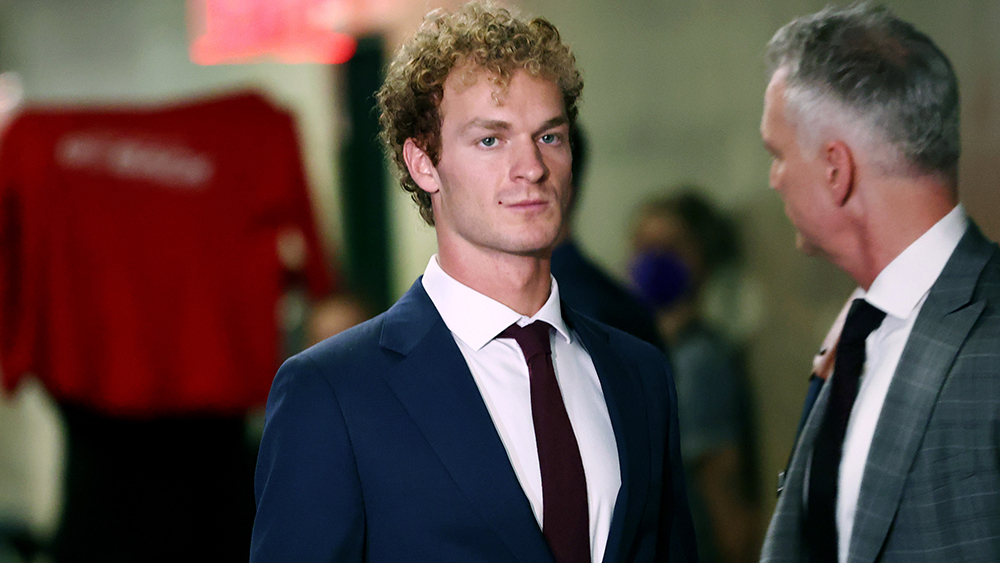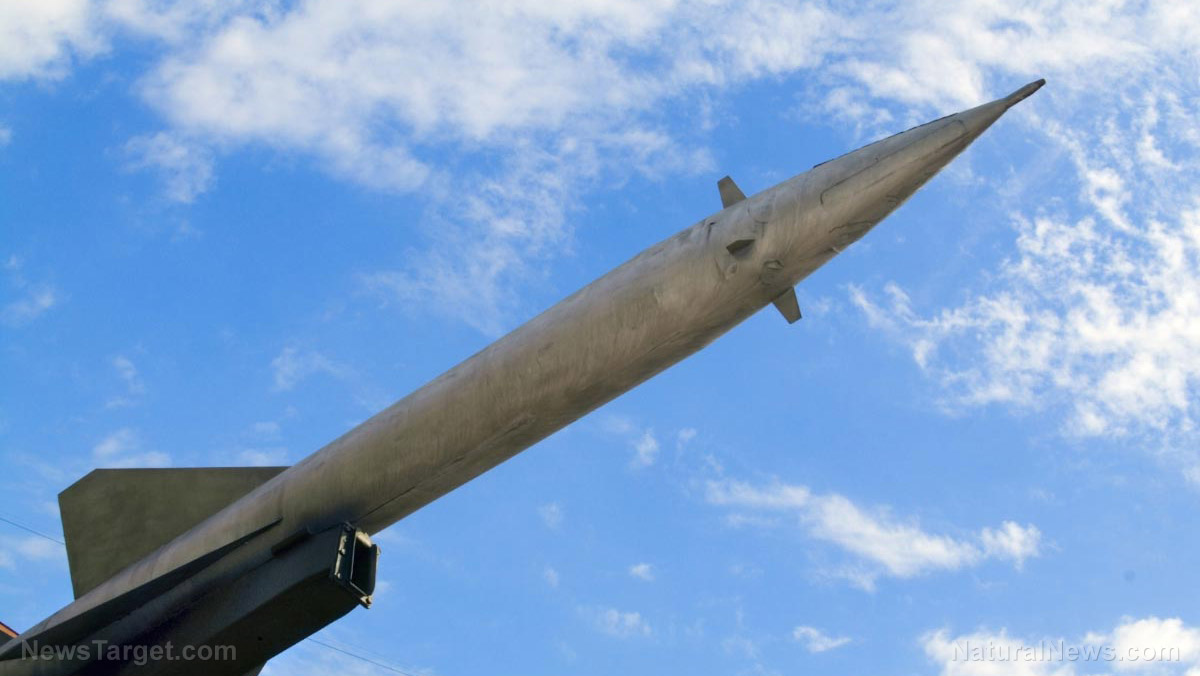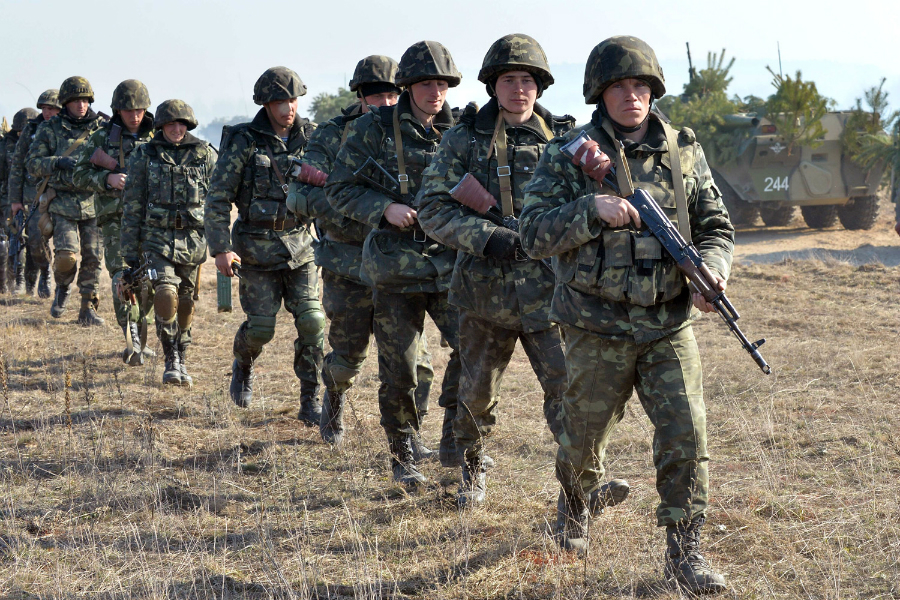Biased or just bizarre? Judge in unusual Daniel Penny self-defense trial allows prosecution to take a different tack
By willowt // 2024-12-13
Tweet
Share
Copy

- Judge Dismisses Manslaughter Charge: Judge Maxwell Wiley dismissed the manslaughter charge against Daniel Penny, a former Marine accused of placing Jordan Neely in a chokehold on a New York City subway, after a jury failed to reach a unanimous verdict on the more serious charge.
- Debate Over Self-Defense and Mental Health: The case has sparked a national debate on self-defense, mental health, and the criminalization of individuals who intervene in dangerous situations. Penny’s supporters argue he acted to protect others from Neely, a mentally ill man threatening passengers.
- Prosecution’s Tactical Move Criticized: The prosecution’s decision to drop the manslaughter charge (carrying up to 15 years) and focus on criminally negligent homicide (up to 4 years) was criticized by legal experts and Penny’s defense team as a strategic maneuver to secure a conviction.
- Racial and Political Divisions: Critics, including Black Lives Matter activists, accuse Penny of excessive force and frame the case as racially charged, highlighting deep societal divides over the incident.
- Implications for Self-Defense Laws: The outcome of the case could significantly impact the legal understanding of self-defense, with concerns that a conviction might discourage citizens from intervening in dangerous situations to protect others.
The courtroom drama surrounding Daniel Penny, the former Marine accused of placing Jordan Neely in a chokehold on a New York City subway, took a shocking turn on Friday as Judge Maxwell Wiley dismissed the manslaughter charge against him. This unprecedented decision came after a jury failed to reach a unanimous verdict on the more serious charge, leaving Penny to face a lesser charge of criminally negligent homicide.
Penny, a 26-year-old Marine veteran, was vilified by some as a racist vigilante after the May 2023 incident. However, many others have hailed him as a hero who acted in self-defense and to protect others from Neely, a mentally ill homeless man who had been threatening passengers on the subway. The case has ignited a fierce debate about the right to self-defense, the role of mental health in public safety, and the broader implications of criminalizing those who step in to protect others in dangerous situations.
The jury’s inability to reach a verdict on the manslaughter charge, which requires proving that Penny recklessly caused Neely’s death, highlights the complexity of the case. Manslaughter carries a potential 15-year prison sentence, while criminally negligent homicide carries a maximum of four years. The prosecution’s usual decision to drop the manslaughter charge and focus on the lesser offense has been criticized by Penny’s defense team as a desperate attempt to secure a conviction.
Penny’s lawyers argued that the prosecution’s move was novel and could set a dangerous precedent, encouraging overcharging in future cases. Defense attorney Thomas Kenniff stated, “This has never been done before. It would encourage prosecutors to over-charge in the grand jury, with the option of withdrawing if hung, under coercion.” The defense maintains that Penny acted reasonably and in self-defense, believing Neely posed a threat to others on the subway. They opposed the prosecution's motion to dismiss, concerned it could lead to a "coercive" or "compromised verdict."
The case has also drawn attention to the broader societal issues surrounding mental health and public safety. Neely, a 30-year-old street performer with a history of mental illness and drug addiction, had a troubled past. His erratic behavior on the subway that day, including threats to harm others, left passengers fearing for their safety. Penny’s supporters argue that he was justified in his actions, noting that no one else on the train intervened to stop Neely.
However, critics, including Black Lives Matter activists, have accused Penny of acting with excessive force and have framed the case as a racially charged incident. Hawk Newsome, the founder of Black Lives Matter Greater NY, claimed that the jury had been “targeted by a white supremacist jury specialist” and accused the defense of eliminating potential jurors based on race. Newsome’s comments reflect the deep racial and political divides that have emerged in the case.
If one charge doesn't work, try another
The prosecution’s decision to drop the manslaughter charge has sparked outrage among legal experts and Penny’s supporters. Criminal defense attorney Jonna Spilbor called the move a “blatant miscarriage of justice,” arguing that it robbed Penny of a fair chance at being fully exonerated. “A hung jury means the prosecution failed to meet its burden of proof on the top count,” Spilbor said. “This isn’t justice—it’s a tactical maneuver that undermines the jury’s role and the principle of reasonable doubt.” The case has also raised questions about the role of the justice system in protecting individuals who act in self-defense. If Penny is convicted of criminally negligent homicide, it could send a chilling message to others who step in to protect themselves or others in dangerous situations. As Spilbor warned, “If Penny is convicted of anything, the ‘city that never sleeps’ will quickly become a city of sitting ducks.” The jury will reconvene on Monday to continue deliberations on the criminally negligent homicide charge. The outcome of this case will not only determine Penny’s fate but also have far-reaching implications for the right to self-defense in America. As the nation watches, the question remains: should a person who acts to protect others in a moment of crisis be punished, or should they be hailed as a hero? In a society grappling with issues of mental health, public safety, and the right to self-defense, the Daniel Penny case serves as a stark reminder of the challenges we face in balancing justice with the protection of individual rights. The jury’s verdict will undoubtedly shape the conversation for years to come. Sources include: InformationLiberation.com DailyMail.com ABCNews.com CNN.newsTweet
Share
Copy
Tagged Under:
mental health homelessness violence self-defense big government chaos bias race wars race relations smeared left cult white hate baised
You Might Also Like
Guatemalan migrant arrested for gruesome subway murder in NYC
By Cassie B. // Share
Red Sea shootdown: Did the Houthis play a role in the U.S. navy’s ‘friendly fire’?
By Willow Tohi // Share
Hypersonic threat: Houthi missile overwhelms Israel’s defense, raising alarms across the region
By Willow Tohi // Share
Victory for Trump: Georgia appeals court strips Fani Willis of election interference case
By Willow Tohi // Share
Deep state coup: Biden’s mental decline was no surprise to his own staff – they knew all along
By Willow Tohi // Share
Back to the drawing board: House Republicans FAIL to pass spending bill
By Laura Harris // Share
Recent News
UN probes ICC’s Karim Khan over retaliation claims amid sexual misconduct scandal
By isabelle // Share











